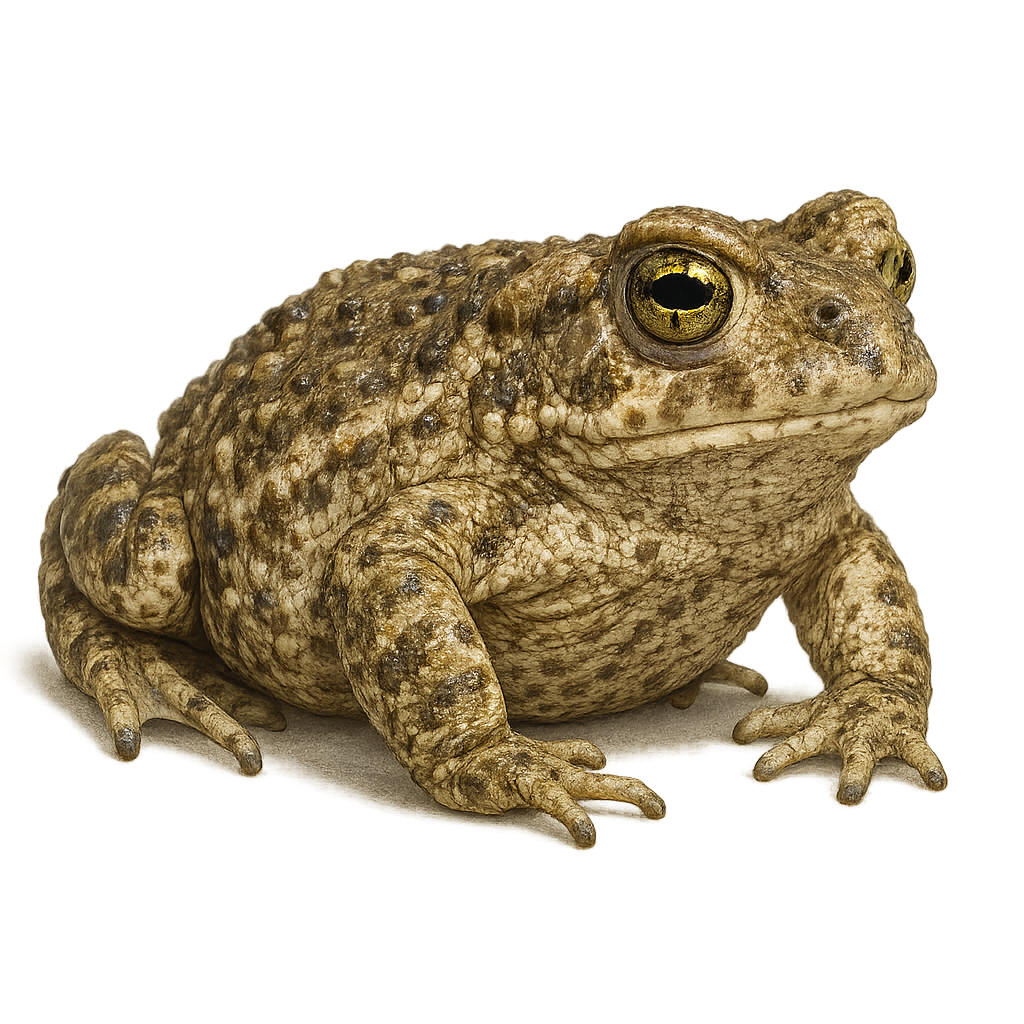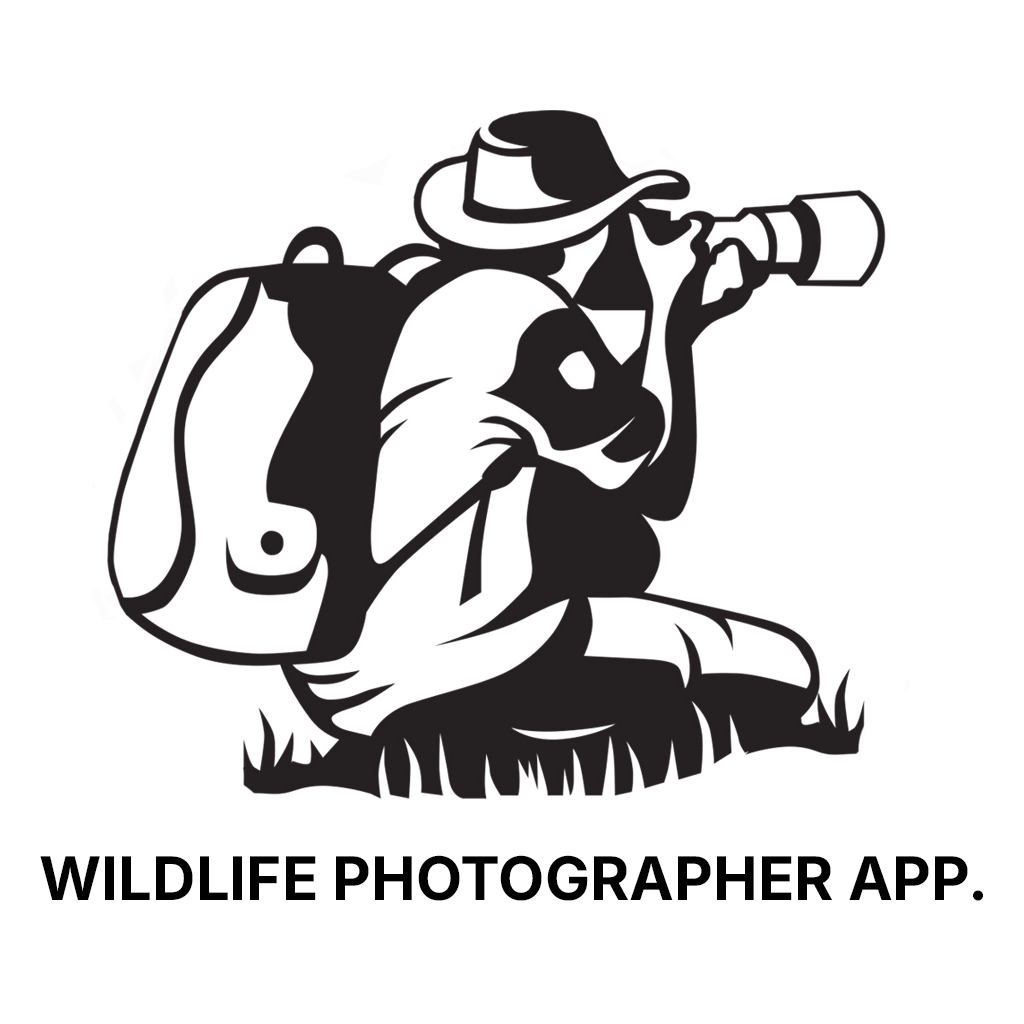Your wildlife photography guide.
Explore the natterjack toad in detail, study its behavior, prepare your shots.
Where to observe and photograph the natterjack toad in the wild
Learn where and when to spot the natterjack toad in the wild, how to identify the species based on distinctive features, and what natural environments it inhabits. The WildlifePhotographer app offers tailored photography tips that reflect the natterjack toad’s behavior, helping you capture better wildlife images. Explore the full species profile for key information including description, habitat, active periods, and approach techniques.
Natterjack toad
Scientific name: Epidalea calamita

IUCN Status: Least Concern
Family: BUFONIDAE
Group: Amphibians
Sensitivity to human approach: Suspicious
Minimum approach distance: 3 m
Reproduction period: September to October
Incubation: 8–15 jours
Births: September to October
Habitat:
Heathlands, dunes, wet meadows
Activity period :
Mainly active at night, generally discreet during the day.
Identification and description:
The natterjack toad, Epidalea calamita, is a medium-sized amphibian known for its warty skin and distinctive yellow dorsal stripe. It primarily inhabits sandy areas and heathlands in Western Europe. This toad is well adapted to dry environments and can travel long distances in search of water for breeding. Its call, a continuous trill, is often heard in spring. It feeds mainly on insects and other small invertebrates. Although its population is stable, it faces threats from habitat loss and pollution.
Recommended lens:
Macro – adjust based on distance, desired framing (portrait or habitat), and approach conditions.
Photography tips:
To photograph the natterjack toad, focus on twilight or nighttime hours, as it is primarily active at night. Use a macro lens to capture the details of its warty skin and yellow dorsal stripe. Approach slowly to avoid startling it and use soft lighting to prevent dazzling. A tripod can be helpful to stabilize your camera in low-light conditions.
From knowledge to field practice
A species profile helps you understand an animal. In the field, the challenge is often different. Remembering your own observations.
The WildlifePhotographer app allows you to:
• record your personal observations
• note locations, dates, and behaviors
• revisit your field references over time
• build a private and long-term field logbook
The app does not provide observation locations.
It helps you organize what you actually observe, with respect for wildlife.

